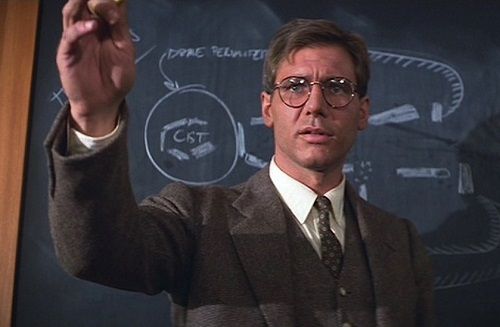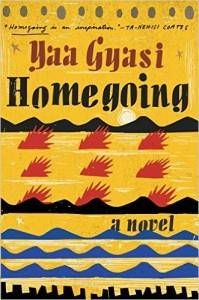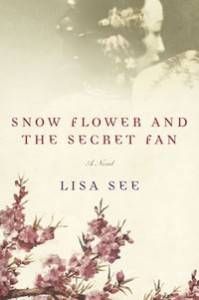But I always adored reading, and I loved fiction best of all. While I thoroughly enjoy a wider range of genres now, my first true love was, and still is, realistic fiction. I become completely invested in the characters, and I truly care what happens to them. I long to be immersed in their world. It is through reading fiction and being exposed to more and more stories that I found myself learning all kinds of history that I’d never picked up in school. I remember several years ago reading Snow Falling on Cedars. I was mesmerized by the gorgeous writing, the riveting courtroom drama, and the beautiful love story. But I was blindsided to learn about the Japanese Americans that were exiled to internment camps during WWII. I was an adult and embarrassed that I did not know about this piece of my country’s history. I did not remember ever hearing about this in school. Of course, much of our nation’s history is not adequately covered in classrooms, especially when it comes to ugly truths about discrimination, oppression, and poverty. There is a powerful passage in the book Homegoing by Yaa Gyassi that speaks to this:
“We believe the one who has power. He is the one who gets to write the story. So when you study history, you must ask yourself, Whose story am I missing? Whose voice was suppressed so that this voice could come forth? Once you have figured that out, you must find that story too. From there you get a clearer, yet still imperfect, picture.” Fiction gives voice to the voiceless and enables a broader view of history by portraying those suppressed stories. Books like Homegoing and Beloved taught me about the personal devastation wrought by slavery, and The Things They Carried gave me a glimpse of what Vietnam soldiers endured. Last year’s insightful There There helped me consider the lives of Native Americans in urban America. Americanah and The Buddha in the Attic allowed me to imagine what it might be like to be an immigrant making their way in a new country. I’ve learned about the broader world as well. Khaled Hosseini’s brutal and breathtaking novels have given me a view of Afghanistan and broadened my compassion for the people there. I began to grasp the horrors of war-ravaged Chechnya in the late 1990s in A Constellation of Vital Phenomena. Snow Flower and the Secret Fan taught me about the limited opportunities for women in 19th-century China and made me appreciate the tenacity and courage they must have possessed. The Orphan Master’s Son made me curious about the lives of people living in mysterious North Korea.
I know these books are fiction. They are made up stories, not to be confused with nonfiction. But there is truth to be found in the lives of the characters and in the actual history surrounding the settings of these novels. I have found that reading fiction begets more reading. I find a story that sparks my interest, and I look for more—for nonfiction and memoirs, personal essays and biographies. I stumble onto the reality within the fantasy and dig deeper to extract the lessons that history leaves us. For me, fiction is often a gateway to learning about the real world. More importantly, though, I am reading in a way that broadens my worldview and cultivates compassion for the people around me. The initial emotional connections I feel to the characters and their circumstances make me care, make me curious, and make me want to investigate further. I want to learn not just the facts but how particular historical events affected the people and communities who lived through them. I want to imagine what they may have felt and experienced. There is plenty of nonfiction that does this as well. I am not advocating an either/or approach here. I’m happy to read all kinds of books. But there are so many perspectives that have not been shown in our history books. And when I hear other readers say, “Why do you waste your time on fiction when there are real stories to read?” this is my answer. I feel that reading fiction has made me a more well-rounded, informed, empathetic, caring person. My world and my heart have grown. And I wouldn’t have it any other way. Ready to read some amazing historical fiction? Try this great list of 50 Must-Read Historical Fiction Books.


